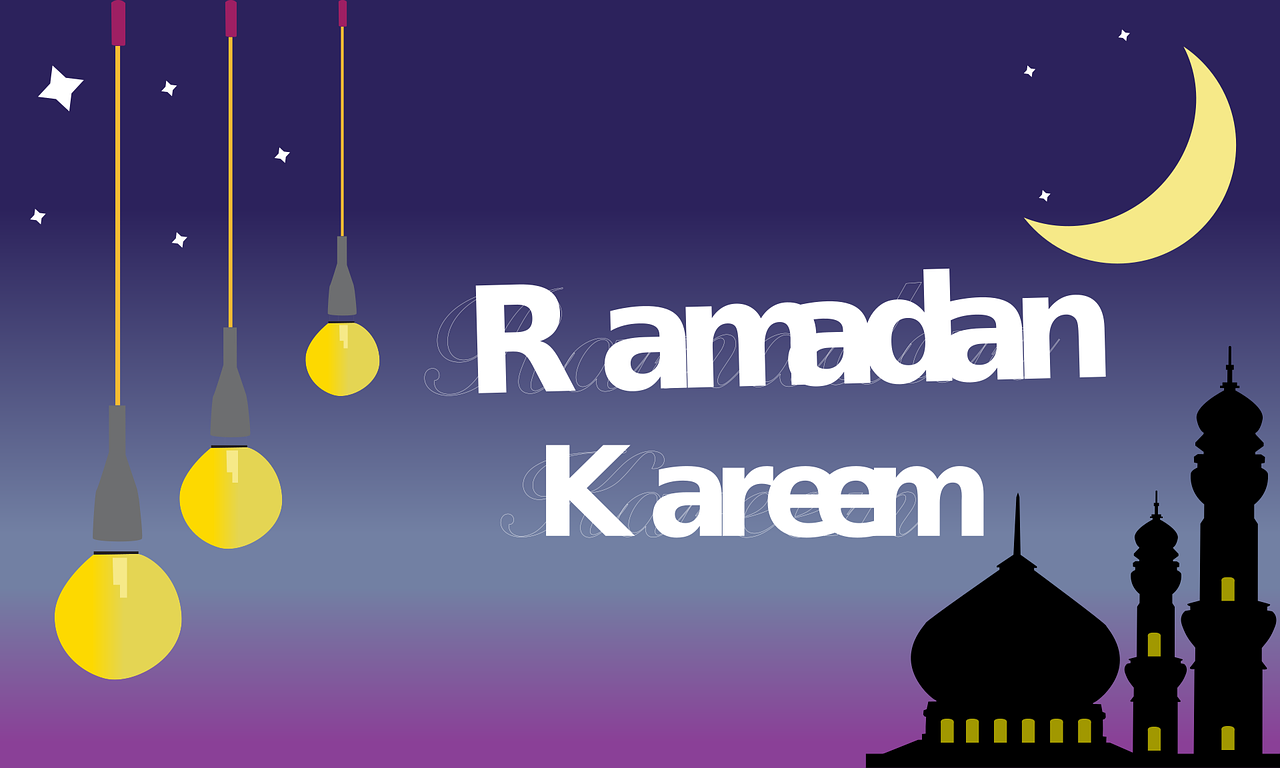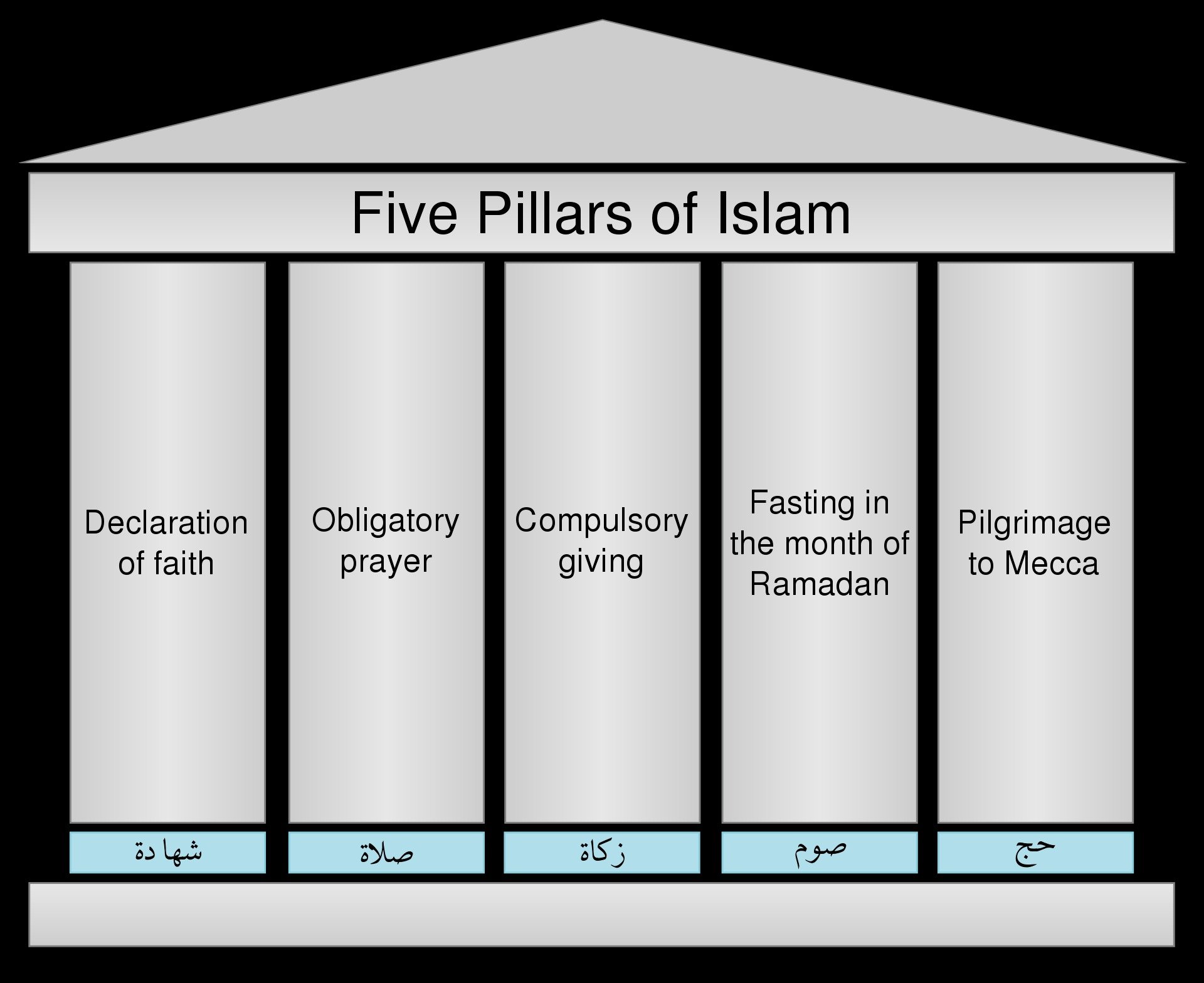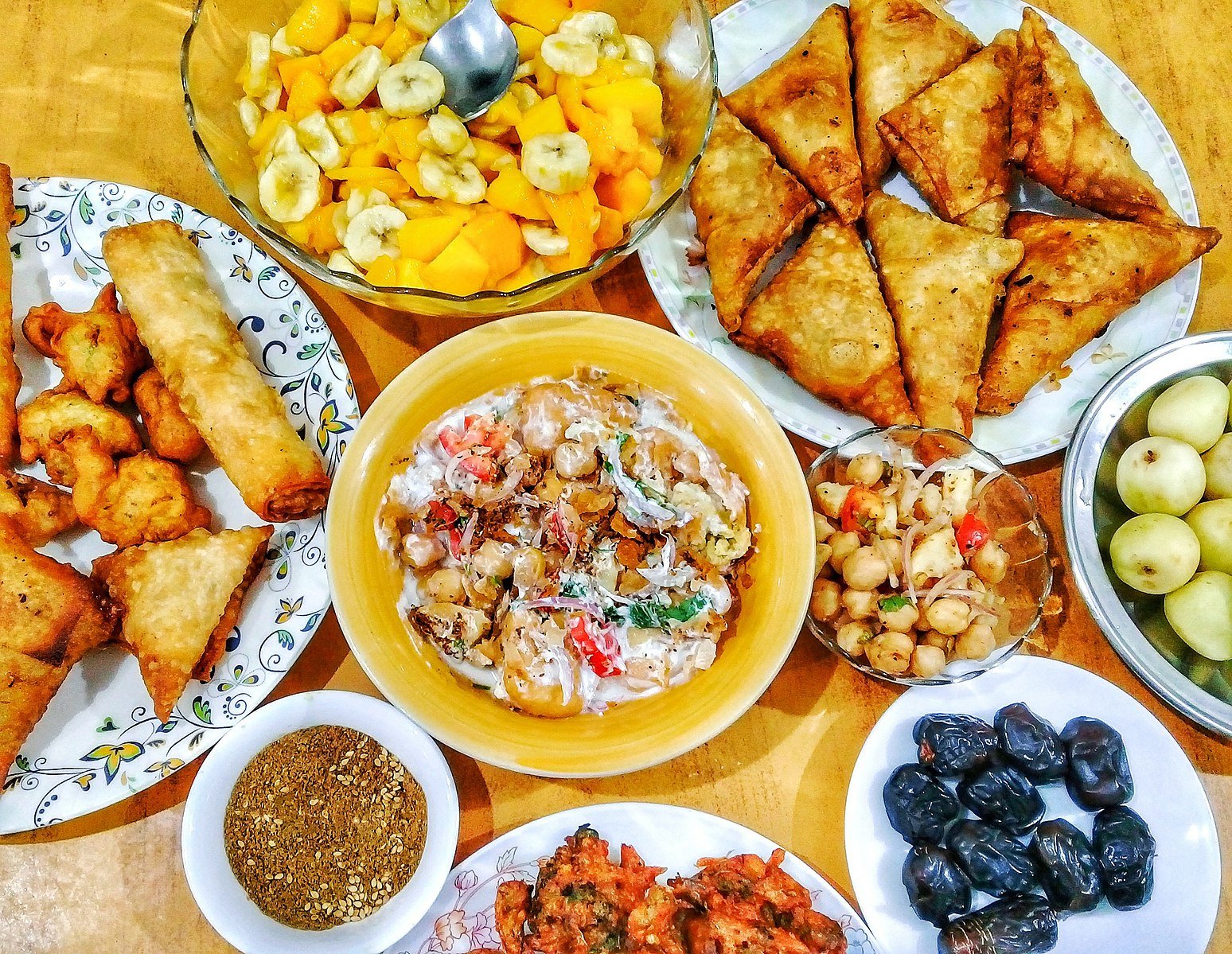
Ramadan is the ninth and most sacred month in the Islamic lunar calendar. During this month, Jibril (the archangel Gabriel in the Judeo-Christian faith) revealed the first verses of the Quran — Islam's holy text — to Prophet Muhammad. The holy month's start is based on the appearance of the young crescent Moon. This year, Ramadan will begin at sundown on March 22nd or 23rd, depending on when the Moon is seen.
Fasting during Ramadan is one of the five pillars, or duties, of Islam. Healthy adult Muslims and children over 14 do not eat or drink anything from dawn to dusk. The temporary denial of nourishment is believed to renew awareness and gratitude for everything Allāh (God) has provided. It also helps develop empathy for the poor.

Observers rise before dawn to eat their first meal. Known as Suhoor or Suhur, it includes a variety of protein-rich traditional foods, fresh fruits, and vegetables. Morning prayers follow the feast. After that, everyone goes about their regular daily routine.
Most Muslims break the fast at sunset by eating a few dates. This is what Prophet Muhammad ate when he broke his fast. Observers then pray for five to 15 minutes before settling down for the day's second and final meal. Known as Iftar, the feast is usually enjoyed with extended family members and friends. Many mosques also host Iftar gatherings.
Iftar is followed by the night prayer called Taraweeh. Derived from the Arabic word meaning "to rest and relax," it is a form of Islamic meditation. Taraweeh prayers are usually held at a mosque. They involve reading portions of the Quran and performing rak’ahs — cycles of movement in Islamic prayer. The prayers can last up to two hours.

Ramadan ends with the sighting of a New Moon. This typically happens after 29 to 30 days. This year, Ramadan is expected to end at sundown on April 21. The month of fasting and prayers is followed by Eid al-Fitr, or the "festival of breaking the fast." The celebrations can last up to three days. They begin with group prayers to thank Allāh for providing endurance and strength during the holy month. Observers then enjoy a celebratory feast with family and friends or community members. Eid is like Christmas for Muslim children. Many receive money or gifts from their elders.
Charitable giving, or Zakat, believed to purify one's wealth, is the third pillar of Islam. Muslims are required to donate 2.5 percent of the wealth acquired over the previous lunar year. Most people give the mandatory donation during the auspicious month of Ramadan. Those who do not meet the minimum wealth provision, or Nisab, offer sweet bread and dates instead.
Ramadan Mubarak!
Resources: Wikipedia.com, theguardian.com, BBC.com
